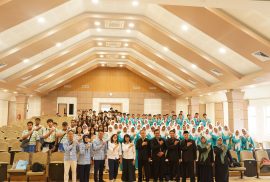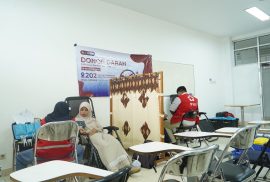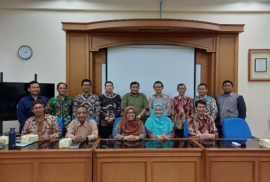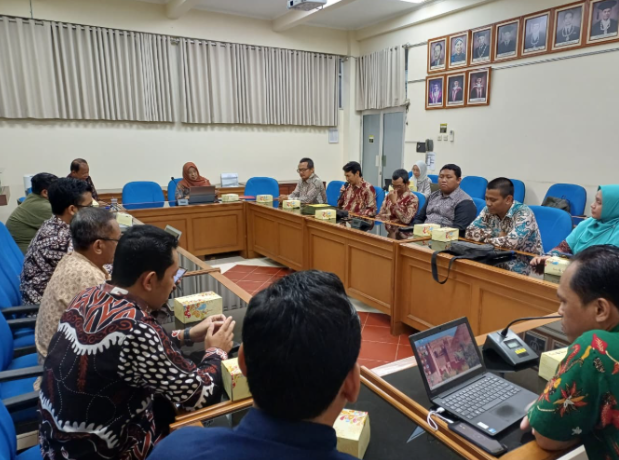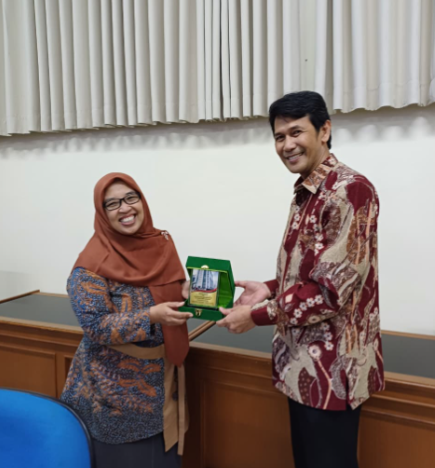Yogyakarta, 21 November 2025 – The Archaeology Study Program of the Faculty of Cultural Sciences, Universitas Gadjah Mada, has once again achieved global recognition. In the QS World University Rankings (WUR) by Subject 2025, the program secured a position within the 151–200 global range — a significant rise compared to the previous year. This improvement is primarily reflected in the indicators of academic reputation, H-index citation, and employer reputation. Among the 261 universities listed under the Archaeology category, UGM is the only institution from Indonesia included in this year’s ranking.
The Dean of the Faculty of Cultural Sciences, Prof. Dr. Setiadi, S.Sos., M.Si., stated that UGM’s Archaeology Study Program is the only archaeology program in Indonesia included in the QS WUR by Subject 2025. He explained that the academic reputation indicator represents a global assessment that measures academic quality and excellence in archaeological research through international surveys. “This year, the Archaeology Program achieved a score of 68.8 for academic reputation, and this is a remarkable accomplishment,” he said.
To strengthen academic reputation, the Department of Archaeology has implemented various collaborative strategies. These initiatives include encouraging lecturers and students to participate in international research funding competitions, engaging in joint research with global partners, and publishing research findings in reputable international journals and conferences. The faculty also provides in-kind support and co-funding to ensure balanced contributions in cross-country research collaborations.
In terms of employer reputation, the Archaeology Study Program earned a score of 57.7, reflecting strong trust from institutions and organizations that employ UGM archaeology graduates. This indicator also evaluates the extent to which graduates can contribute as researchers, professionals, or postgraduate students in global institutions. To strengthen alumni reputation, the department conducts benchmarking with archaeology programs both domestically and internationally to ensure that the curriculum and academic activities remain relevant to evolving disciplinary trends.
Guest lecturer exchange activities, conducted both online and offline, continue to expand opportunities for knowledge exchange regarding recent research developments. Students are also supported through opportunities to serve as international research assistants, participate in global seminars, and receive training in language and public speaking. These efforts aim to enhance students’ confidence when engaging in international academic forums.
Meanwhile, the Archaeology Program’s H-index score reached 50.4 this year, which, according to Setiadi, still requires further improvement. To enhance this indicator, lecturers and students are encouraged to publish their research in reputable national and international journals and to be active in global research networks and professional associations to increase the visibility and citations of their work.
These development efforts align with FIB UGM’s commitment to supporting the Sustainable Development Goals (SDGs), particularly in improving the quality of higher education, strengthening research, and expanding sustainable global partnerships. Through these strategic initiatives, the Archaeology Study Program of FIB UGM is committed to enhancing academic contributions and broadening the impact of archaeological research for society and the international community.
[Public Relations of FIB UGM, Alma Syahwalani]



